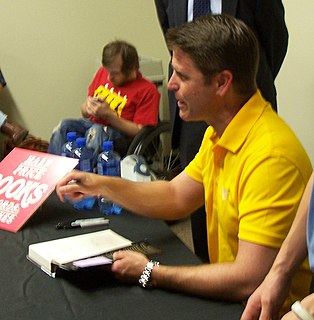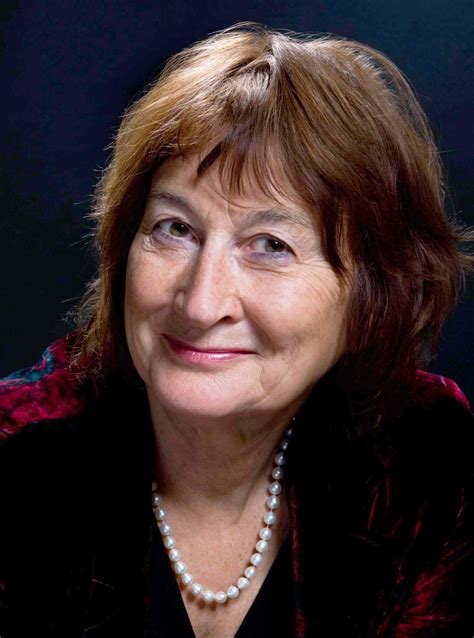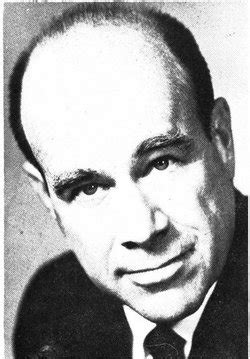A Quote by Samuel Taylor Coleridge
Reviewers are usually people who would have been, poets, historians, biographer, if they could. They have tried their talents at one thing or another and have failed; therefore they turn critic.
Related Quotes
I would have done the same thing I did. I would have put all my energy into loving someone that wasn't you. I would have tried in vain, every day, to not think about you, and what could have been. What should have been. I would have tried to convince myself that there's no such thing as true love, except for the love you yourself make work, even though I know better....The bottom line is I never had any business marrying anyone who wasn't you.
Part of what made the Macintosh great was that the people working on it were musicians, poets, and artists, and zoologists, and historians. They also happened to be the best computer scientists in the world. But if it hadn't been computer science, these people would have been doing amazing things in other fields.
After all, poets shouldn't be their own interpreters and shouldn't carefully dissect their poems into everyday prose; that would mean the end of being poets. Poets send their creations into the world, it is up to the reader, the aesthetician, and the critic to determine what they wanted to say with their creations.
It is certain that the greatest poets, orators, statesmen, and historians, men of the most brilliant and imposing talents, have labored as hard, if not harder, than day laborers; and that the most obvious reason why they have been superior to other men is that they have taken more pains than other men.
Critics are giving marks for originality, acting, photography and scripting, while mass audiences are more drawn to familiarity of genre, stars they would like to have sex with or plots that are more likely to make their dates have sex with them. Reviewers are doing their day's work, cinema-goers are escaping from theirs: this leads to an inevitable difference of response. It is, though, wrong to conclude that reviewers are completely useless. Books, movies and shows may be critic-proof, but the egos and psyches of the people who make them very rarely are.
Most Iranians are sick and tired of revolutions. They've had one for the last 25 years, and they don't want another one. Those who've tried to spark another revolution have failed time and again. I don't think there's any evidence that somehow, if the U.S. gave these guys the high sign, it would make regime change somehow more likely. Every time the U.S. has tried to interfere in Iranian affairs to help a particular group of Iranians, it's backfired on us, and hurt the group we tried to help.
The reason socialism has failed around the world every time it's been tried is because people in socialist countries have looked at the United States and have said if they can have it that good, we can. It's a failed, flawed ideology, but if you ask socialists why it's always failed, it's because the United States has stood in the way.
If physicists could not quote in the text, they would not feel that much was lost with respect to advancement of knowledge of the natural world. If historians could not quote, they would deem it a disastrous impediment to the communication of knowledge about the past. A luxury for physicists, quotation is a necessity for historians, indispensable to historiography.







































